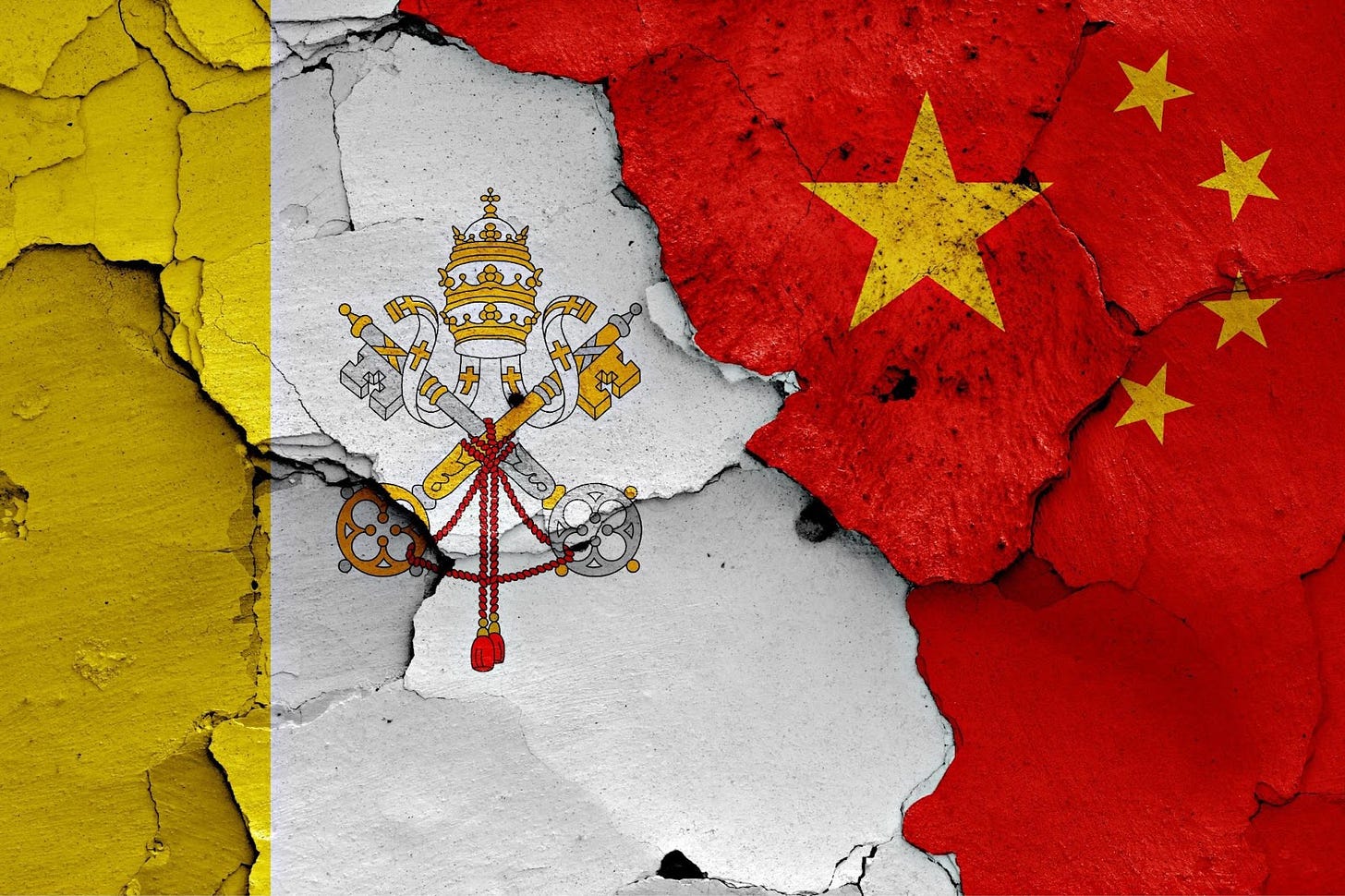Can the Vatican-China deal move forward without looking back?
The Holy See hailed 'consensus' on the agreement's future, but is any agreement with Beijing on what's happened already?
The Holy See announced Tuesday that it has renewed for four years its “Provisional Agreement regarding the Appointment of Bishops” with the Chinese government — an increase from the prior two-year renewals signed after the deal was originally struck in 2018.
The renewal of the agreement comes “in light of the consensus reached for an ef…

